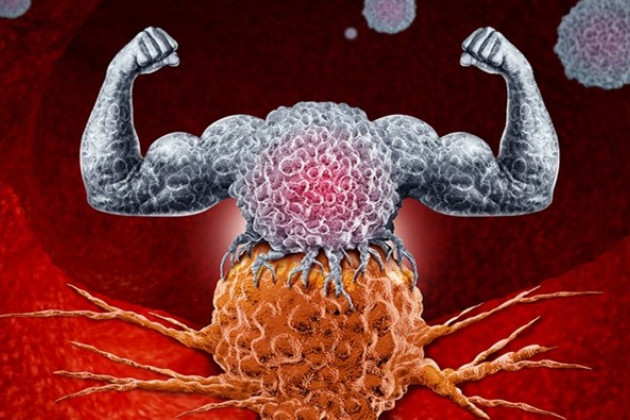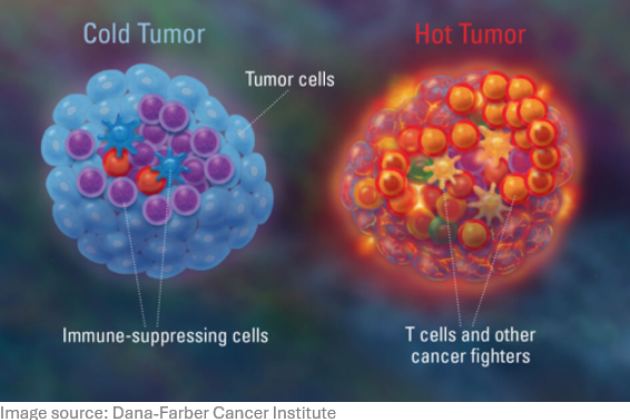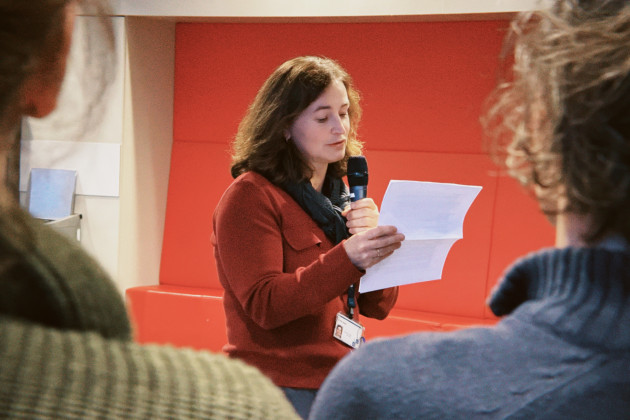CD4 T cells are central regulators of adaptive immunity. Upon activation, they differentiate into specialized helper subsets that guide B cells to produce antibodies, support CD8 T cells in mounting cytotoxic responses, and, in some cases, directly eliminate infected or malignant cells. This differentiation process lies at the heart of every immune response to infection or vaccination, while its dysregulation contributes to autoimmunity, chronic inflammation, and cancer.
Our research aims to uncover the molecular and cellular mechanisms that control CD4 T cell fate decisions. We focus on uncovering the regulatory networks that define CD4 T cell differentiation and function, and understanding how these pathways connect to targetable cell-surface receptors that could be exploited to fine-tune immune responses in disease.
Key research interests include:
- Understand how CD4 T cells coordinate type-1 helper (Th1) and T follicular helper (Tfh) cell differentiation to optimize protective CD8 T cell and B cell responses.
- Elucidate how RNA-binding proteins and post-transcriptional regulatory networks shape immune cell fate and function in health and cancer.
- Investigate how metabolic and nutrient-sensing pathways influence RNA translation programs that direct CD4 T cell specialization.
To address these questions, we combine high-dimensional flow cytometry, high-resolution mass spectrometry, and single-cell RNA-sequencing to study CD4 T cell differentiation in in vivo models of vaccination, infection, and cancer, as well as human lymphoid organoids. These tools are applied in combination with CRISPR-Cas9 gene editing and other molecular approaches to specifically dissect the role of RNA translation in T cell fate decisions.
By uncovering these fundamental mechanisms, our work aims to advance the mechanistic understanding of CD4 T cell biology and generate knowledge that can guide the rational design of next-generation immunotherapies and vaccines.
Key publications:
1) Bosma DMT, Busselaar J, Staal MD, de Koning M, Lei X, de Wit T, Xiao Y, Borst J, Salerno F (2025) Requirements for development of T-helper1 and T-follicular helper cells from a common precursor. BioRxiv
2) Salerno F, Whale AJ, Matheson LS, Foster WS, Stammers M, Bell SE, Hodson DJ, Linterman MA, Houseley J, Turner M (2025) RNA-binding proteins control the G2-M checkpoint of the germinal centre B cell. Science Immunology. 10(112):eadu3718
3) Salerno F, Howden AJM, Matheson LS, Gizlenci O, Screen M, Lingel H, Brunner-Weinzierl MC, Turner M (2023) An integrated proteome and transcriptome of B cell maturation defines poised activation states of transitional and mature B cells. Nat Commun. 14(1):5116
4) Salerno F, Turner M, Wolkers MC (2020) Dynamic post-transcriptional events governing CD8 T cell homeostasis and effector function. Trends Immunol. 41(3):240-254
5) Salerno F, Guislain A, Freen-van Heren JJ, Nicolet BP, Young HA, Wolkers MC (2019) Critical role of post-transcriptional regulation for IFN-y in tumor-infiltrating T cells. OncoImmunology. 8(2):e1532762
6) Salerno F, Engels S, van der Biggelaar M, van Alphen FPJ, Guislain A, Zhao W, Hodge DL, Bell SE, Medema JP, von Lindern M, Turner M, Young HA, Wolkers MC (2018) Translational repression of pre-formed cytokine-encoding mRNA prevents chronic activation of memory T cells. Nat Immunol. 19(8):828-837


